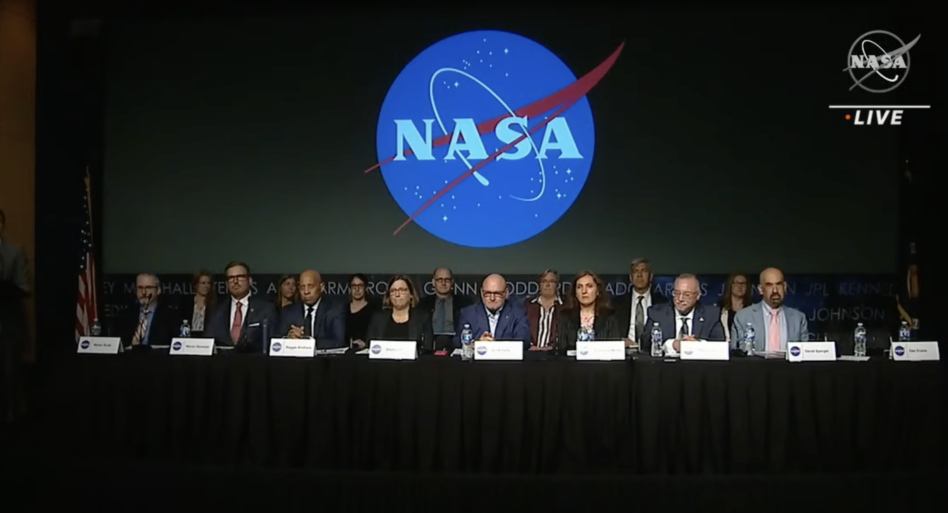A NASA panel poured cold water on UAP (unidentified anomalous phenomena) hype in their first public meeting yesterday, saying better data was needed for conclusive answers.
“There is a very limited number of high-quality observations and data curation of UAP,” said Daniel Evans, who works within NASA’s Science Mission Directorate.
UAP craze: NASA organized a 16-member team in October to establish best practices for collecting and analyzing unidentified anomalous phenomena data. The group is separate from the Pentagon’s UAP hunters and only manages unclassified data.
There have been ~800 UAP investigations, with 150 of those being reported since the organization formed late last year. The vast majority of cases were resolved with terrestrial justifications, including:
- Upward lightning
- Balloons
- Landing aircraft
- Starlinks
- Drones
- Microwave ovens (careful next time you heat up the leftovers)
That being said, 2%-5% of the 800 cases—between 16 and 40 phenomena—were deemed anomalous, meaning they are “doing something weird,” according to Sean Kirkpatrick, director of the Pentagon’s All-domain Anomaly Resolution Office
So, aliens? The discovery of slimy green figures will have to wait. “There is no conclusive evidence suggesting an extraterrestrial origin for UAP,” said Nadia Drake, science journalist and NASA UAP study member.
NASA’s UAP team will release its full report this summer.




